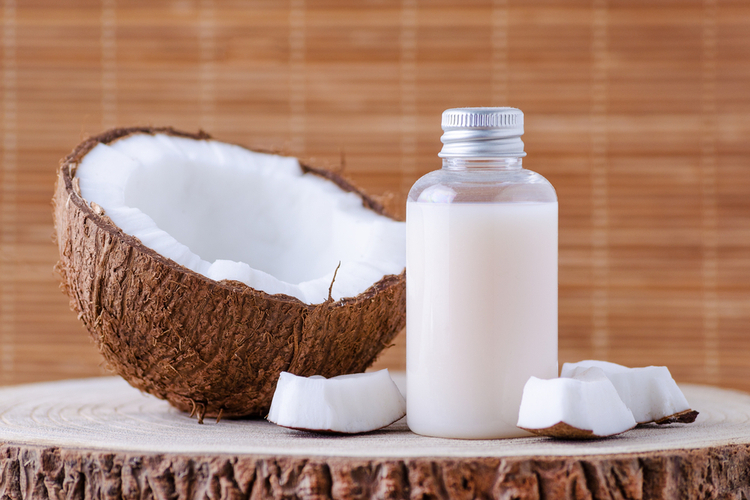
Natural and DIY Skincare Is Not Always Better
By now, we all know Facebook, Instagram, Tik Tok, Pinterest, and social media influencers fill the internet with skincare hacks every day. These hacks claim to reduce the signs of aging, improve skin tone, texture, eliminate acne, and numerous other skin conditions. Unfortunately, most of these hacks do not work and can also be dangerous for your skin.
What does “natural” beauty mean?
In the realm of skincare and beauty products, “natural” technically means very little. The word “natural” has no regulatory meaning in terms of the FDA. Though the USDA regulates the term “organic,” it means that the products are free of synthetic pesticides, fertilizers, and other non-organic ingredients. The truth is, just because a product is natural, and organic does not mean that it is necessarily safer for you. There is a risk of natural and organic products causing allergic reactions and skin irritation. Also, some organic products are not as effective as they claim and do not produce the results they claim, like anti-aging, brightening, and acne treatment.
Occasionally DIYing a mask or scrub may be fun. But professional skincare products are created under strict, well-monitored, and sterile conditions to ensure product efficacy and safety. These factors may not be immediately apparent, but a lot goes into making that jar of your holy grail moisturizer that keeps your skin looking healthy and radiant.
Ingredients
Seeping some green tea bags and using the water as a toner is not the same as using green tea extract and is not a suitable replacement. Quality ingredients are the core of any trusted beauty brand’s products. We should all be aware of what we are putting on our face and be careful about the products we choose. When it comes to these products, suppliers of raw materials are required to test them to meet industry standards and provide supporting documentation. And unlike using raw ingredients you have in your fridge, these professional ingredients are formulated in a way for it to be safe for your skin while remaining effective.
Testing
When it comes to “natural” skincare, people often use stuff in their fridge and cabinets because they believe that they are safe. What could go wrong with using coffee and honey to make a scrub? Well, it comes down to sanitation. Non-organic fruits and vegetables in grocery stores contain pesticides. Thoroughly rinsing them will not get rid of these contaminants. On top of that, there are random things your food could be exposed to and you would have no idea.
Raw materials in cosmetics are carefully chosen, and as mentioned before, these products undergo safety testing. The environment these products are manufactured in must be sterile, including handling the materials while wearing single-use disposable gloves, hairnets, and face masks. Your favorite masks and skincare products go through the same process.
